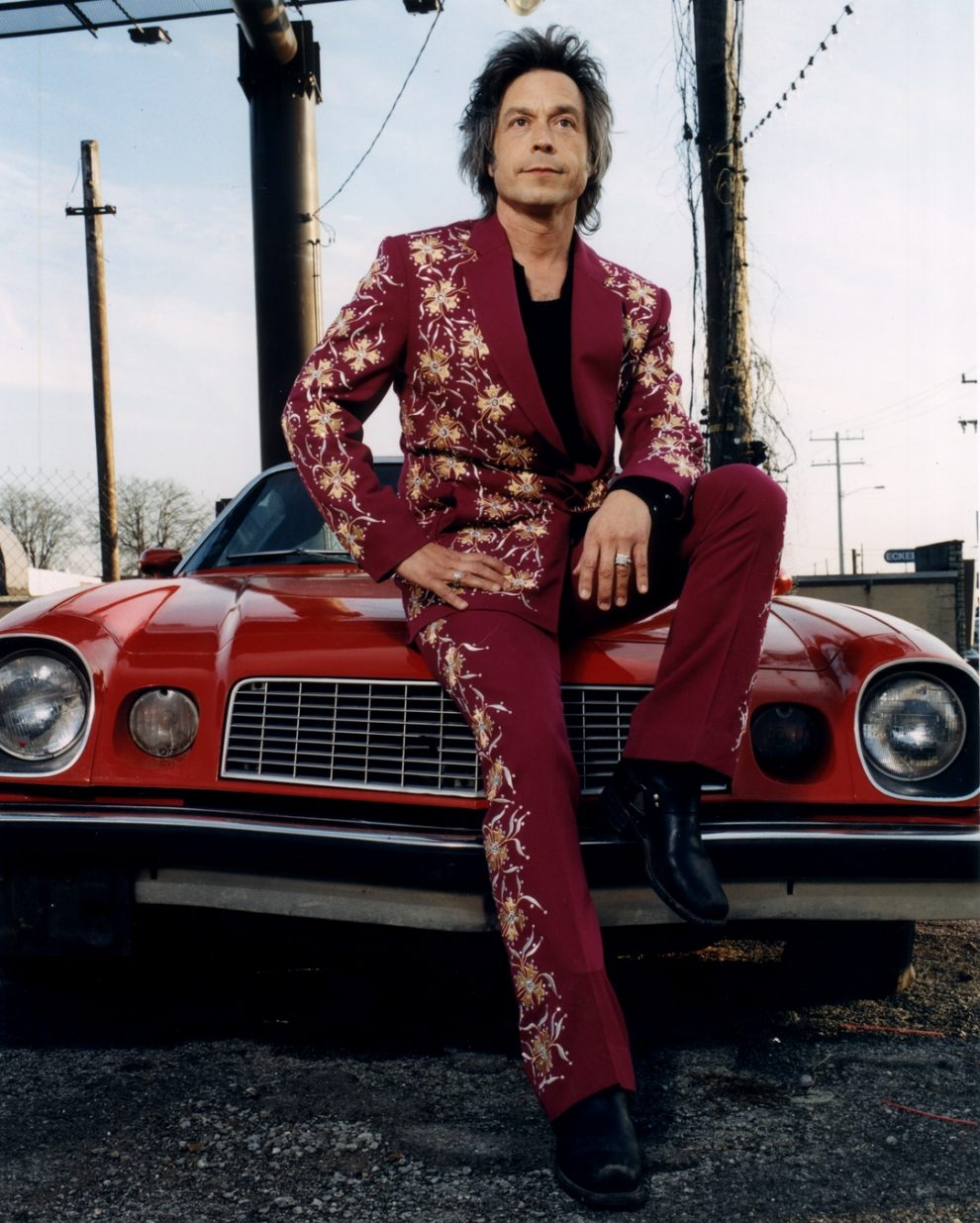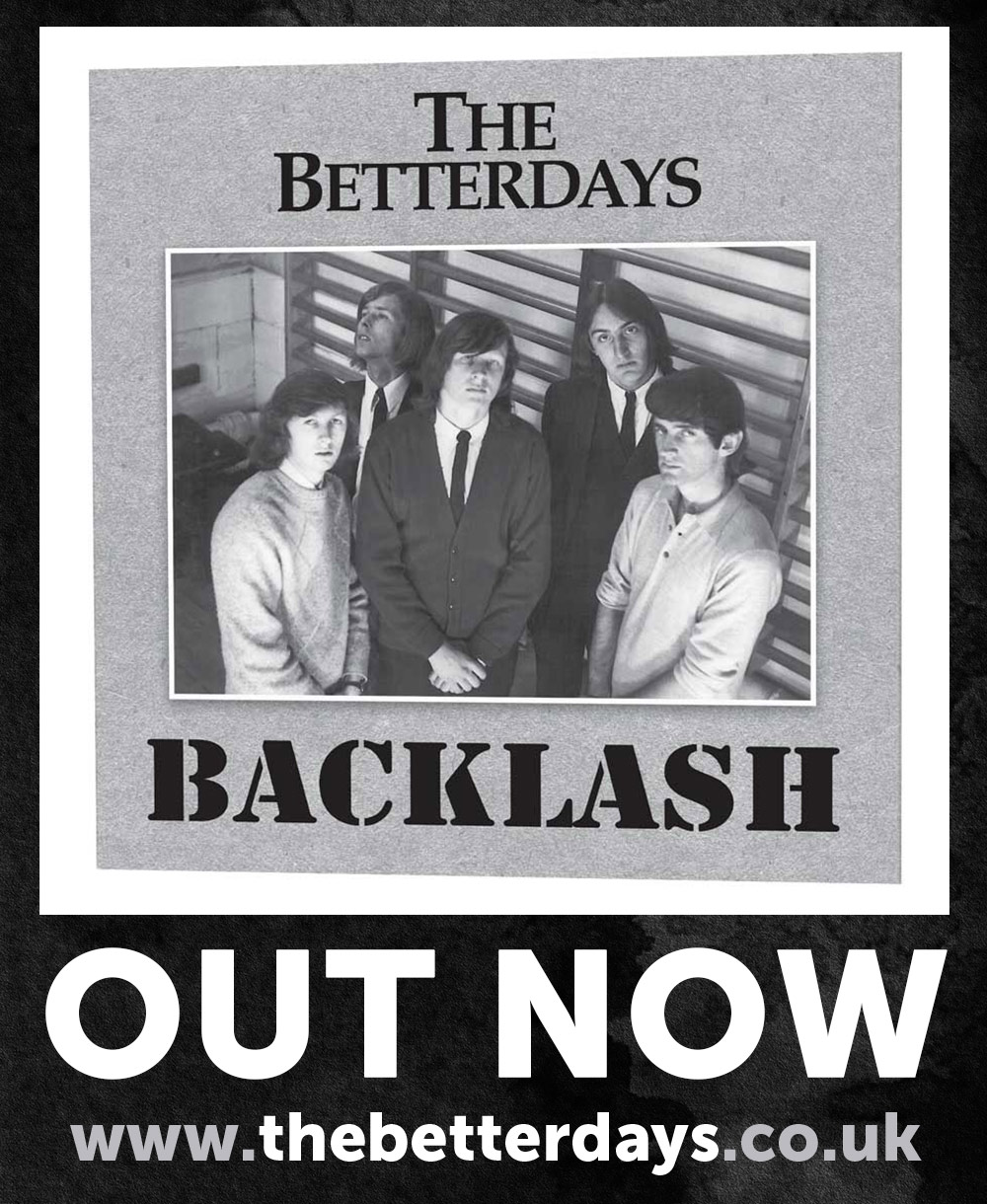The straight-talking, no-nonsense monthly column on all things country, Americana, roots and acoustic…
March 2017
Americana music has become today’s buzzword. It seems each day that yet another artist is being eagerly embraced by the Americana movement. A few years ago, it was Johnny Cash, Bonnie Raitt, Booker T, Robert Plant and Jason Isbell. More recently, Richard Thompson, Billy Bragg, Van Morrison, William Bell and Chris Stapleton. Those names do not easily fit together in musical terms. Lumping them together brings diversity that leads to total confusion as to what Americana music actually is.
Though the term ‘Americana’, in reference to music, has been around a long time – the first reference I recall was in 1972, when UK journalist Penny Valentine described Merle Haggard’s music as ‘Americana’ – the term became more universally used, following the launch of the Americana radio format some 20 years ago, by Nashville’s Jon Grimson.
Initially, the Americana genre was home for disenfranchised veteran country artists who were no longer being played on mainstream country radio. This included mainly the more rootsy, traditional-slanted acts like Emmylou Harris, Rodney Crowell, Steve Earle and Johnny Cash. They were joined by newer performers like Elizabeth Cook, Jim Lauderdale and Buddy Miller, who were regarded as being ‘too country’ for mainstream country radio playlists.
Though born as merely a term coined to describe an indescribable radio format, the relatively new ‘Americana’ genre classification actually represents music with a profound history and the deepest of roots. Over time the genre widened to welcome everything from bluegrass, hillbilly, rockabilly, Cajun, Celtic, swing, country-rock, rock’n’roll, traditional country and singer-songwriters of every creed imaginable.
It has grown in popularity to impressive proportions with the creation of the Americana Music Association, the Americana Music Festival and Awards, the re-branding of the Folk Albums Chart by Billboard to Americana/Folk Albums Chart, and finally recognition from The Recording Academy of America with new Grammy categories of Best Americana Album, Best American Roots Song and Best American Roots Performance.
Americana has expanded into a worldwide phenomenon.
From very humble beginnings, Americana has expanded into a worldwide phenomenon. A few years ago saw the formation of the AMA-UK (Americana Music Association-UK) which has moved rapidly forward to host its own AmericanaFest UK and Awards Show. A year ago, this led to the launch of the Official Americana Albums Chart.

Veteran British folk-rocker Richard Thompson, who was presented with the AMA-UK’s Lifetime Achievement Award at the second Awards show in London this February, later quipped that the music should be dubbed Britainana. This follows in the footsteps of other local descriptions of Mexicana, Canadiana and Australiana music.

The music received a further boost Stateside last October when new albums by Bon Iver, Bob Weir, Van Morrison and Drive By Truckers, that all qualified as Americana/Folk albums, were among the top 10 best selling albums in America. It meant that for one week, Americana albums outsold such genres as R&B/hip-hop, dance and most notably, mainstream country.
It was the latest milestone in a larger trend surrounding the emergence of Americana into the commercial mainstream. A genre that had evolved due to lack of mainstream radio play and commercial acceptance had become commercially accepted, but the big question remains; what exactly is Americana music? Well, we can always refer to the Merriam-Webster’s dictionary definition: “Americana: a genre of American music having roots in early folk and country music.”
“If you can taste the dirt through your ears, that’s Americana.”
Jed Hilly, executive director of the Americana Music Association in Nashville elaborates on that: “Americana is a funny genre, because in some ways it can be very inclusive because it spans from blues to gospel to bluegrass influences, and it’s a grittier style that crosses genre boundaries in some ways.
“I think all genres are expansive; I don’t see any point in arguing. I just see it as a bigger conversation in the evolution of musical styles. Merriam-Webster’s is not far off, but today I think it’s gone way past that. If you can taste the dirt through your ears, that’s Americana.”

Clear as mud then! So why is it that performers like Mary Chapin Carpenter, who regularly records and performs with symphony orchestras or smooth, pop-styled singer-songwriters and heavy urban-sounding rock bands, are all eagerly welcomed into the Americana family?
You certainly can’t taste the dirt in all ‘Americana’ music; in fact, a good many of these Americana performers would not be seen dead getting a little dirt on their hands, let alone letting it into their music.
It seems that over the years, the movers and shakers in Americana music have embraced a myriad of veteran artists from various genres, such as folk, soul, r&b, jazz and blues, who no longer get their music played on the various mainstream radio stations, and have dubiously enlarged the Americana genre. In much the same way that Nashville and the Country Music Association has allowed arena rock and adult contemporary pop to infiltrate mainstream country music, so that the music has become rootless.
Defying industry rules and standing firmly on independence, that was the original Americana ethos, but slowly and surely that ethos has been eroded as more and more of the performers blatantly chase the kind of commercial success that was once the very criteria that the Americana movement rose up to do battle with.
By Alan Cackett





